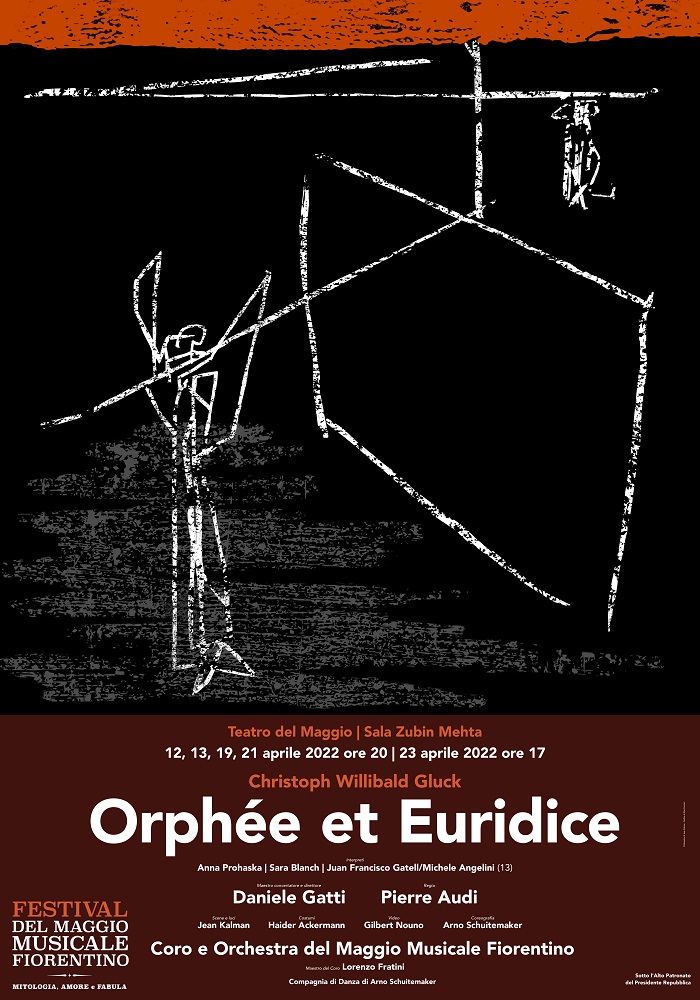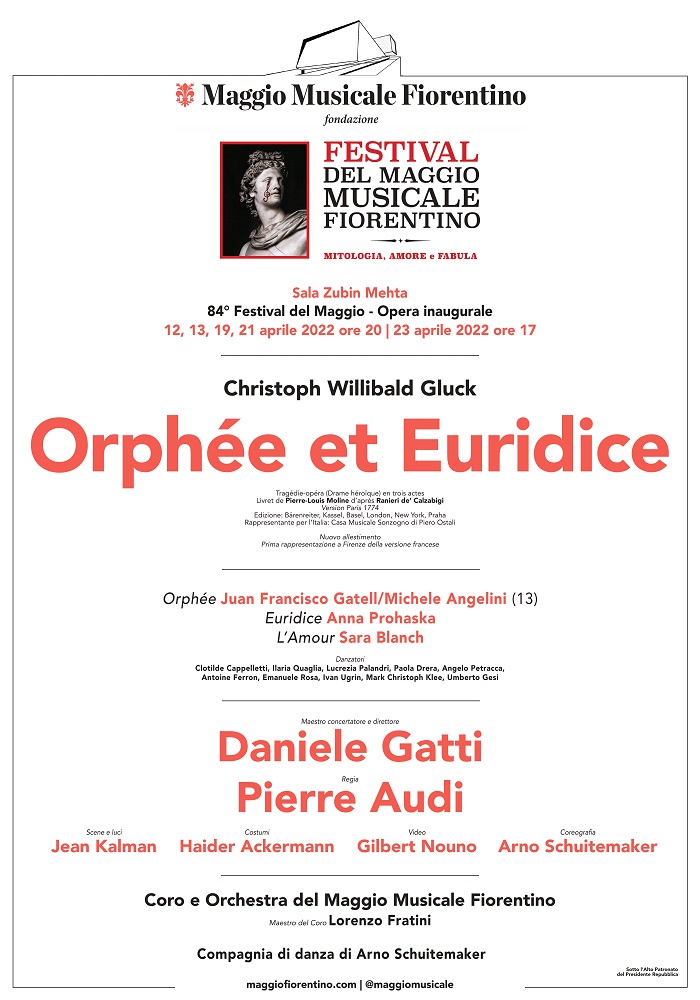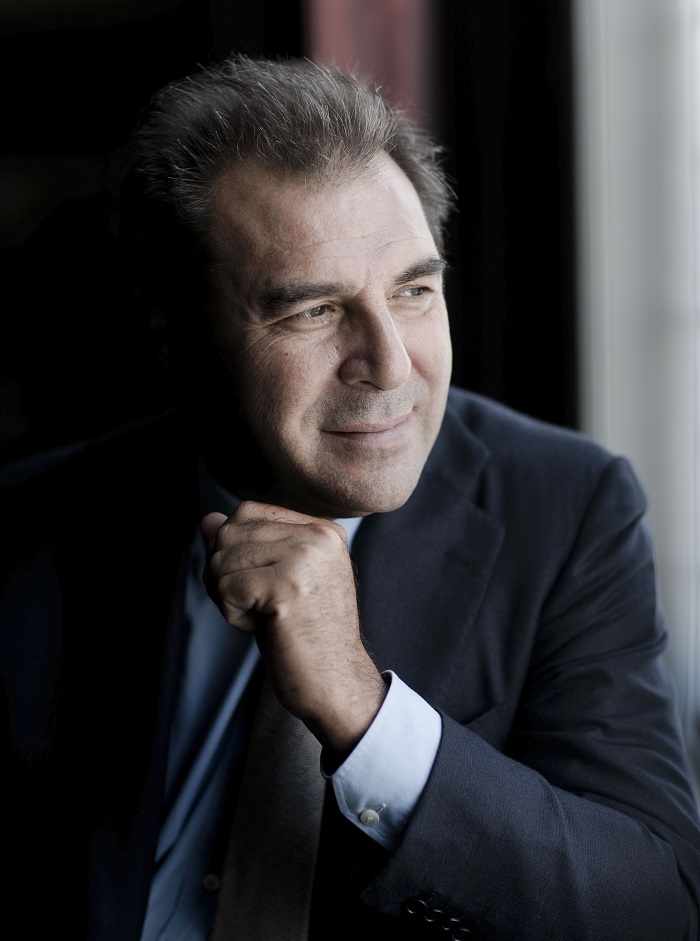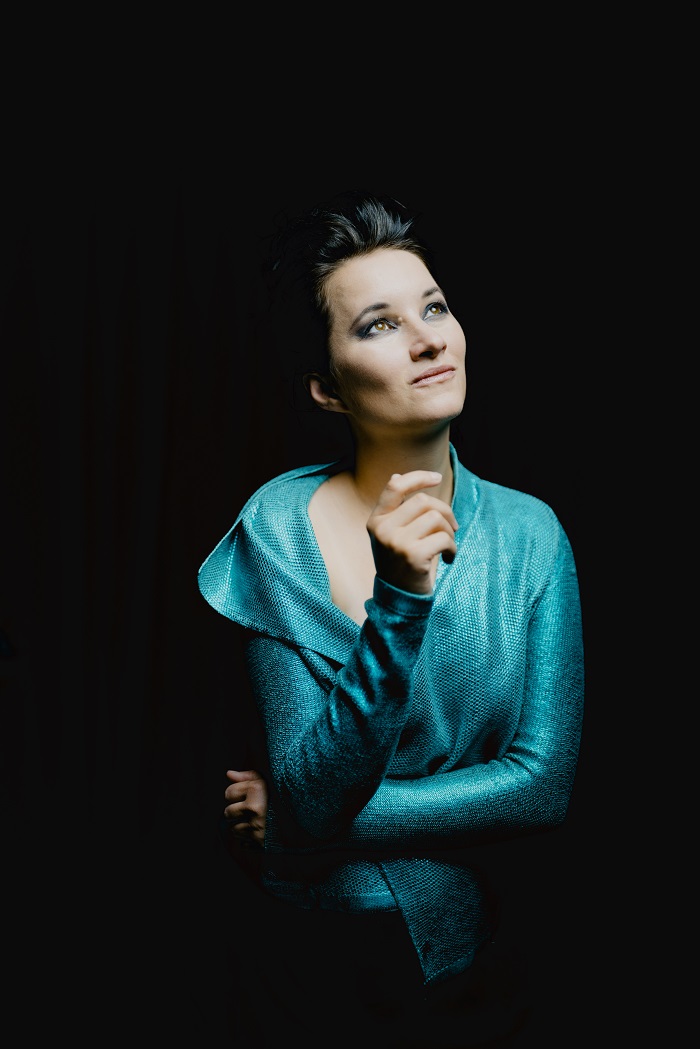Visit Florence
- Art & culture
- Tastings & Cooking Classes
- Florence Outdoor
- Day tours
- Events
- Shopping
- Hotels in Florence
Be.Curious
Destination Florence

What you will find
EVENT NAME: Opera Orphee et Euridice
EVENT PLACE: Teatro del Maggio Musicale Fiorentino - Sala Zubin Mehta
EVENT DATE: from April 12 to April 23 2022
EVENT DESCRIPTION:
On 5 October 1762 Christoph Willibald Gluck's Orphée et Euridice is staged at the Burgtheater in Vienna. It is a symbolic date in the history of opera that gave way to the well-known reform of melodrama conducted by the German composer together with the librettist Ranieri de’ Calzabigi. After decades of mechanical repetition of the metastasian model, the Italian serious opera seemed to have reached the end of the line, betraying its abstract dimension in the continuous succession of dry recitatives and da capo arias. The latter, then, had long since become the favorite terrain of castrati and prima donnas to unleash vocal acrobatics of all sorts in spite of the natural needs of the drama. Musical abuses that the Gluck reform intended to abolish by returning music "to its true office of serving poetry". In Orfeo everything is in fact marked by a new climate of clarity, rationality and balance thanks also to a libretto divided into long scenes animated by loose and lyrical verses in place of the inveterate recitative-aria combination with da capo. Twelve years later, Gluck revised the score and presented a second version of the opera, in French, on the Paris stage: Orphée et Eurydice on a libretto by Pierre-Louis Moline, which debuted on 2 August 1774 at the Académie Royale de Musique.
Although the original layout is generally maintained in the Orphée, there are nevertheless some significant additions and transformations designed to please the French public: from the modification of the vocal role of the protagonist, which in the Viennese version was entrusted to a castrato, while in the Orphée it was transcribed for haute-contre, a tenor voice particularly clear and of wide range in the high register that boasted a long tradition in France, with the inclusion of danceable pieces, sine qua non of French musical theater. In the second act, for example, Gluck used the music written years earlier for the Don Juan ballet, associating it with the scene of the Furies unleashed after the passage of Orpheus and reworked the Danse des Ombrés, at the beginning of the Elysian Field scene, adding to the Minuet a Trio with a nostalgic and poignant tone, emphasized by the flute solo, which has become one of the most famous pieces of the opera.
French version
New staging
BUY TICKETS: click here










 All the services are provided by local merchants
All the services are provided by local merchants By using this site you support Florence
By using this site you support Florence We offer products with high-quality standards
We offer products with high-quality standards You stay sustainable
You stay sustainable It's a 100% trustworthy website
It's a 100% trustworthy website